Faith and dignity: many traditions, one shared humanity
What we need now is unity guided by purpose. And by unity, I mean across every line that too often divides us.
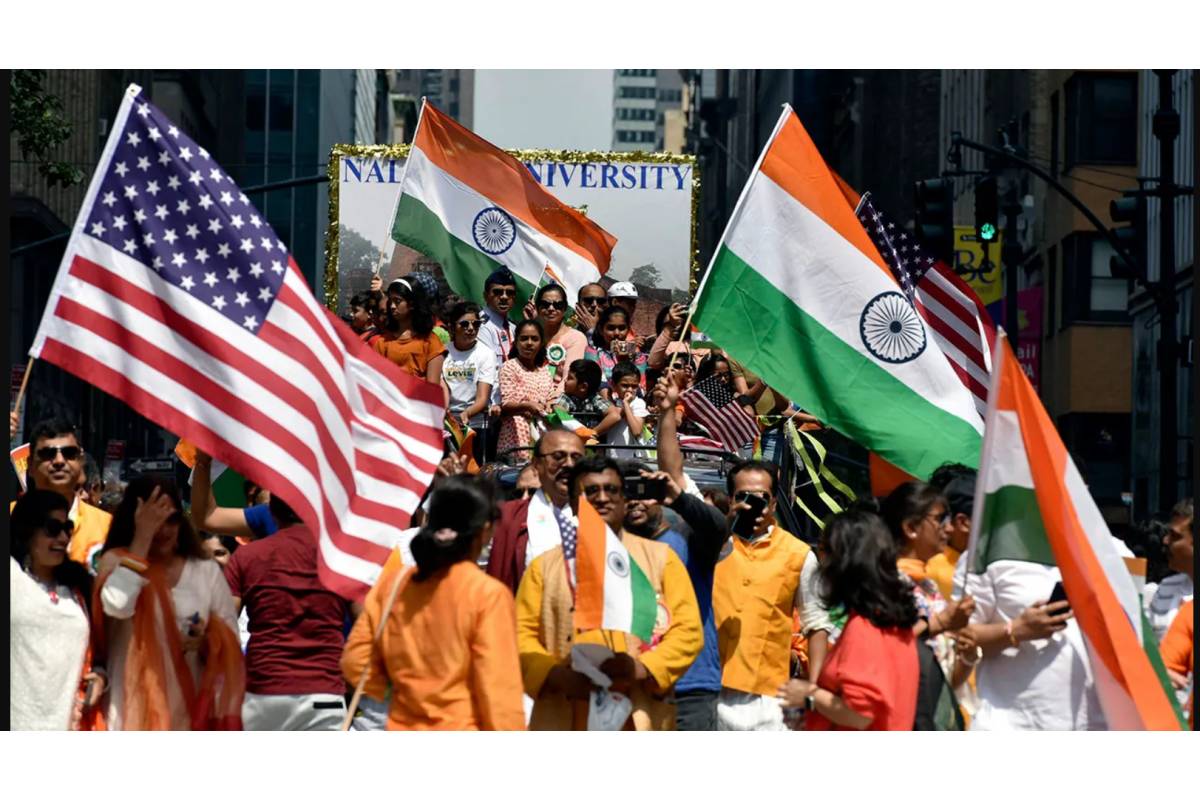 Stock Image. / Pew Research Center
Stock Image. / Pew Research Center
My beloved community, we have worked so hard to build lives in this country. We are doctors and engineers, entrepreneurs and small business owners, researchers, teachers, and parents raising children with hope. We have contributed enormously to America’s economy, its innovation, and its cultural life. And yet, as much as it pains me to say this, the message we increasingly receive is unmistakable: our safety, our dignity, and even our faith are not guaranteed in the United States.
The tragedies and insults that surround us make that reality heartbreakingly clear. The horrific beheading of Chandra Nagamallaiah shook our community to its core, yet it barely registered in mainstream U.S. media coverage. His life and death were treated as if they didn’t matter, leaving Indians and Hindus to grieve alone. In South Carolina, an Indian-origin woman was shot dead in a local store, another family shattered by violence that hardly drew national notice.
At the cultural level, we have watched our faith mocked openly. Just a week ago, Republican leader Alexander Duncan dismissed a sacred Hanuman statue in Texas as a “false Hindu God” and proclaimed that America is a “Christian nation.” Such words are not harmless. They are wounds inflicted on millions of Hindus and an attempt to push us out of America’s story.
On the policy front, the hostility takes another shape. Proposals to impose a $100,000 fee on H-1B visas would effectively slam the door on thousands of Indian professionals who help sustain America’s hospitals, universities, and technology companies. Rather than being welcomed for their contributions, these men and women are being treated as a burden, a group to be priced out.
These are not isolated events. They form a pattern: of violence ignored, of faith dismissed, of policies designed to marginalize us. And they carry a lesson we cannot ignore: symbolism alone will not protect us.
It is not enough to attend fundraisers or partake in photo ops. These things may look like influence, but they do not keep us safe. They do not prevent slurs against our faith. They do not stop hostile laws from advancing. Hate crimes are not prevented by galas, and no amount of networking will undo discriminatory policies.
What we need now is unity guided by purpose. And by unity, I mean across every line that too often divides us. Our safety, dignity, and future are not partisan issues; they are human ones. We must come together with one voice, one vision, and one clear message. We must articulate the challenges we face and the reforms we expect. We must speak clearly, with courage and compassion, about the violence that scars our community, about the discrimination and stereotyping that follow us, and about the barriers that threaten our livelihoods. Only then can we engage in politics not as scattered voices, but as one strong, steady chorus.
History offers us examples. Jewish Americans, facing antisemitic violence, built strong organizations to protect their communities and educate lawmakers. African Americans, against immense odds, organized collectively and forced us to reckon with America’s troubling history. Each story teaches the same lesson: safety and dignity are not gifted; they are secured through unity, discipline, and love for one another.
Together, we are decisive. In key districts and states, our votes can shape elections. If we allow ourselves to remain divided by region, language, or party, we will be treated as individuals without leverage. If we unify, we can form a coalition capable of delivering even more positive change.
We must also be wise about those we support. Too often, candidates offer us empty gestures: a token Diwali greeting, a quick stop at a temple, a promise made and forgotten. That is not enough. We must demand leaders who truly respect our faith, who stand against hate crimes, and who recognize our contributions. Anything less is a betrayal of our children’s future.
And this is what matters most: our children. They deserve to inherit communities rooted in care, belonging, and love - places where they know without question that they belong. The path to that future is clear, but it will not happen on its own. It requires us to rise up, unified and purposeful, today.
The tragedies we have endured, the insults we have heard, and the discriminatory policies aimed at us leave no doubt: survival and dignity demand real engagement. It is not enough to succeed privately in our careers or celebrate quietly in our temples. We must stand together publicly, lovingly, and firmly. We must articulate our priorities and build the infrastructure to defend our community’s place in our home, America.
If we unify, we can be a powerful voice of reason and progress in American democracy. We can safeguard our community, shape the laws that affect our lives, and contribute to a stronger, more inclusive America. If we remain divided, distracted, and complacent, we will remain vulnerable, sidelined, and ignored.
The choice is before us. Do we remain content with surface gestures while tragedies fade and insults grow louder? Or do we, with love for one another and determination for our children, rise above symbolism and speak with one voice?
The time for gestures has passed. The time for unity rooted in purpose - unity across party, across region, across every dividing line - is now.
The author is a public servant and community leader who currently serves as Executive Director of Sustainable Pittsburgh.
(The views and opinions expressed in this article are those of the author and do not necessarily reflect the official policy or position of New India Abroad)
ADVERTISEMENT
ADVERTISEMENT
E Paper
Video




1744363110.jpeg) Bhavini Patel
Bhavini Patel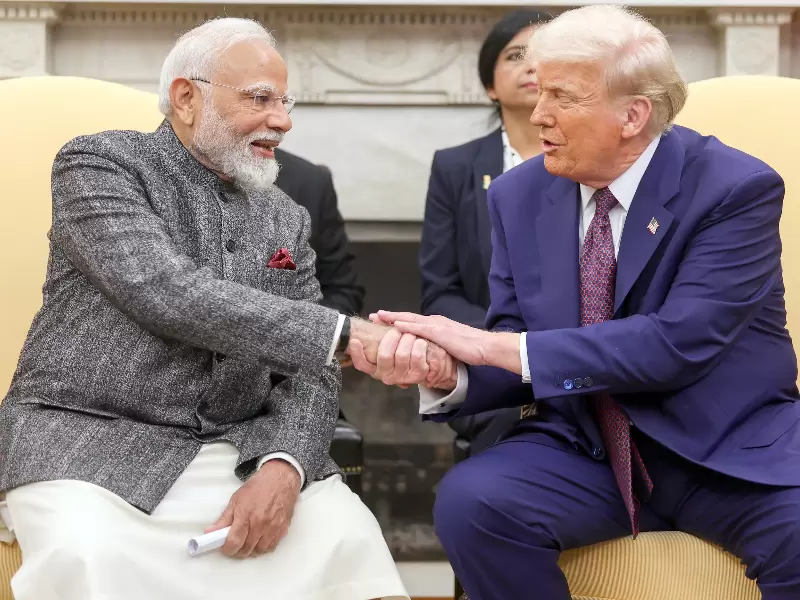




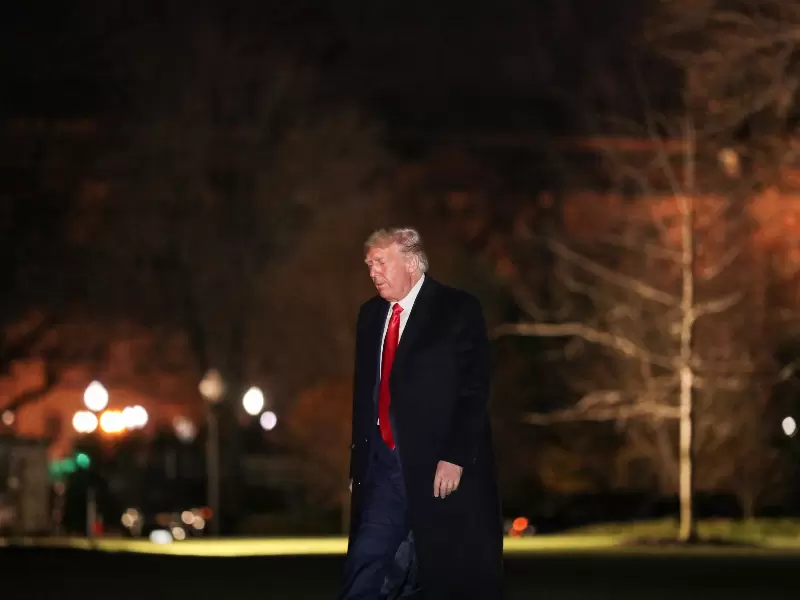

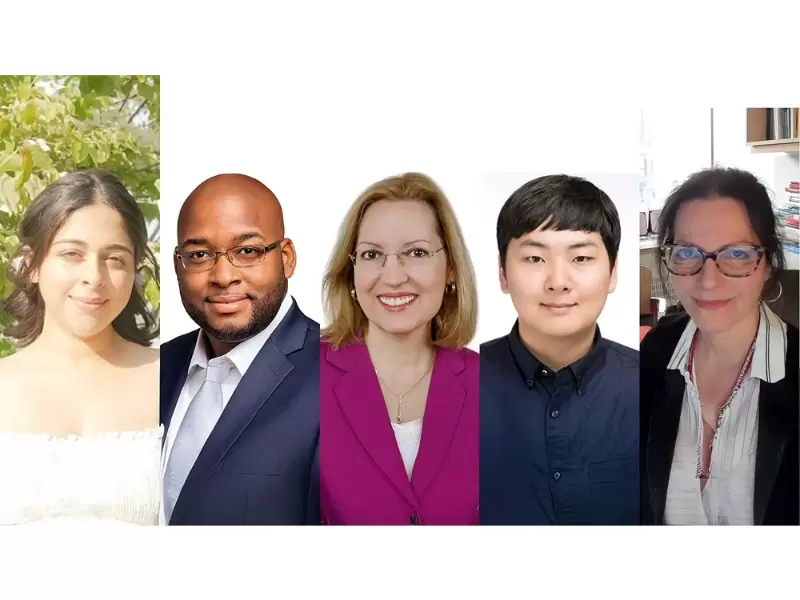

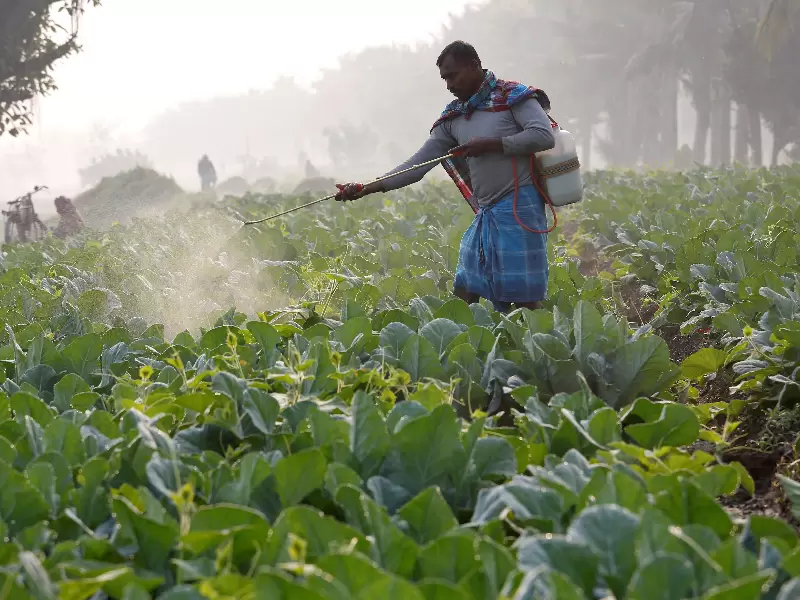
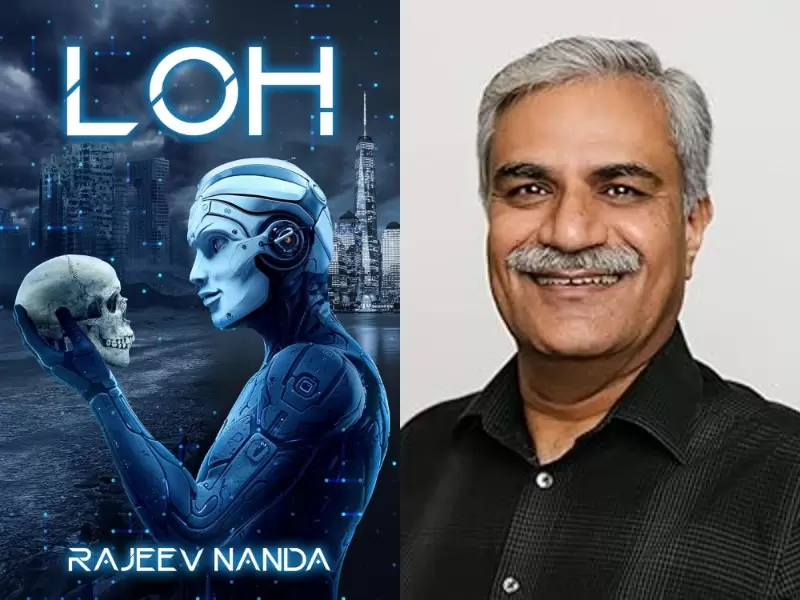
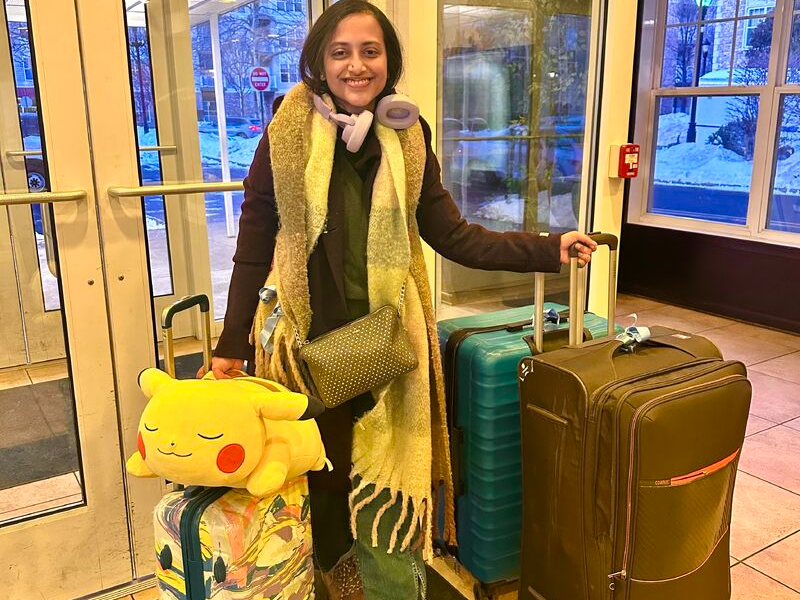


Comments
Start the conversation
Become a member of New India Abroad to start commenting.
Sign Up Now
Already have an account? Login